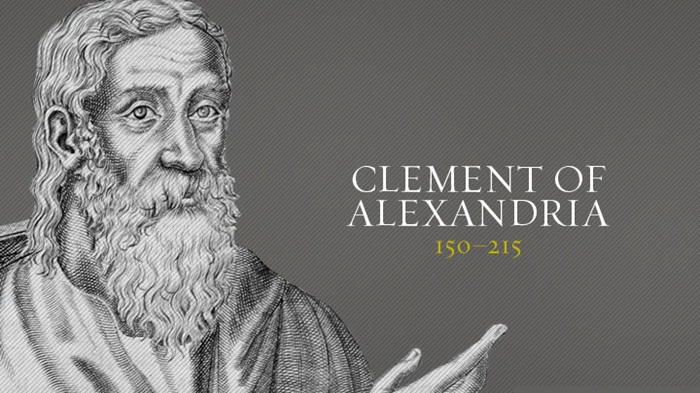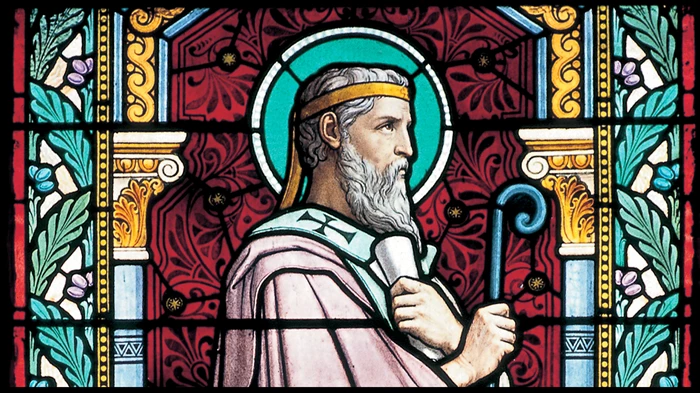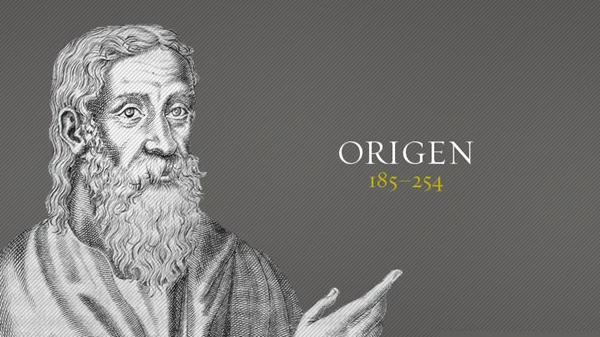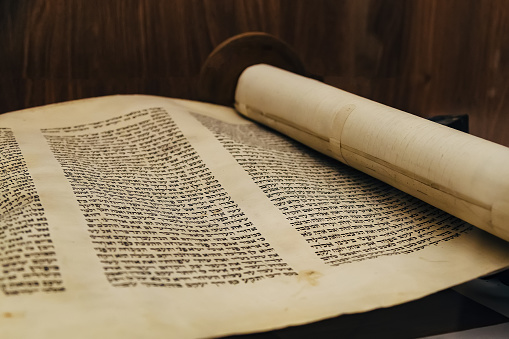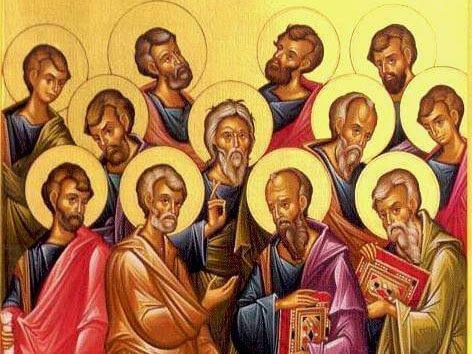“Wesley believed that the living core of the Christian faith was revealed in Scripture, illuminated by tradition, vivified in personal experience, and confirmed by reason” – The Book of Discipline of the United Methodist Church, 1996 (p.74). These four aspects; Scripture, tradition, experience, and reason, present together what Albert Outler called the “Wesleyan Quadrilateral.”
According to Outler, the “Wesleyan Quadrilateral” describes the methodology by which Wesley crafted his theological conclusions. Wesley and the Quadrilateral, a book by five Wesleyan scholars, is a theological text that aims to revive conversations on the Wesleyan Quadrilateral.
The first chapter examines Wesley’s historical and ecclesiastical context in order to set the stage for the subsequent chapters. The second chapter, by Scott Jones, explains the centrality of Scripture in Wesley’s theology. For Wesley, Scripture is both “source” and “norm.” Jones explains that Wesley’s most controversial doctrines – perfection and apostasy – are based primarily on Wesley’s interpretation of Scripture. In his chapter on “tradition,” Campbell highlights that Christian Antiquity and Church of England represent the most prominent aspects of the content of Christian tradition for Wesley. Campbell asserts that Wesley’s post-Constantinian examples of pure Christianity were Eastern ascetic writers, on the other hand, Augustine was “conspicuously absent. ”
In chapter four, Miles highlights the centrality of “reason” as a tool in Wesley’s thought. He explains that “reason does not generate knowledge on its own, but only processes data and knowledge that originate in experience.” For Wesley, “there was no inconsistency between reason and faith.” Miles also explains that Wesley’s stress on reason often came in response to his opponents who accused Wesley and Methodists of their enthusiasm (in their context, “enthusiasm” was equal to fanaticism and irrationality). Randy Maddox ends this book by an interesting chapter on the fourth side of the Wesleyan Quadrilateral, “experience.” Maddox’s chapter highlights how “experience” is crucial in Wesley’s theology. The heart of Wesley’s theology is manifested through the experiential transformation into the image of God.



